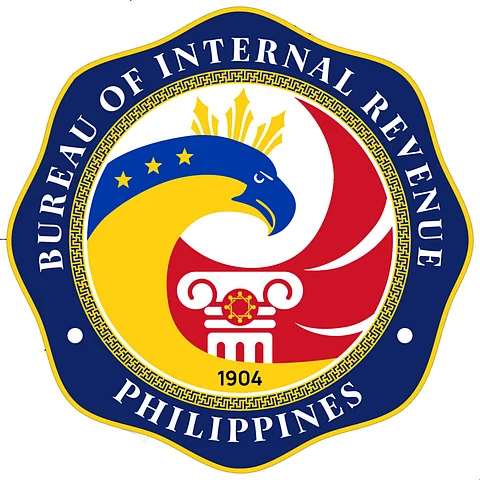
- NEWS
- the EDIT
- COMMENTARY
- BUSINESS
- LIFE
- SHOW
- ACTION
- GLOBAL GOALS
- SNAPS
- DYARYO TIRADA
- MORE

The Bureau of Internal Revenue (BIR) proposes a higher budget of P18 billion for next year, up from the current P16.9 billion as it plans to set up more e-lounges and a national contact center.
BIR Commissioner Romeo Lumagui Jr. on Wednesday said the proposed fund will be partly used to purchase four to five computers in each e-lounge area at the BIR district offices. He added that the government agency aims to expand its district offices.
"Sometimes we rent some office space because many of our own offices have just enough space for our employees, so people are standing in line outside the offices. We want to move to a place that could cater a lot of taxpayers inside more conveniently," Lumagui said.
In February, Lumagui had said some Filipinos still prefer visiting BIR offices to file their tax papers and pay their taxes, especially those in the provinces.
Thus, the BIR chief said he targets to increase electronic filing and payments of taxes within 90 to 95 percent.
"I doubt online transactions will reach 100 percent because some people still want the traditional way. They want to see and hold physical papers," Lumagui said.
He said e-payments last year reached P2.06 trillion or 85 percent of the total tax payments.
Aside from e-lounges and office expansions, Lumagui said he is seeking P150 million for the construction of a national contact center which will receive all inquiries and complaints of the public over the phone.
In an interview with DAILY TRIBUNE in February, he said the center will be located at the BIR's main office in Diliman, Quezon City.
Lumagui said the contact center will need at least 250 agents and offer toll-free calls which will especially benefit residents in the provinces.
"We made a survey in all the BIR district offices nationwide, and we found that the majority of the transactions can be done through phone," he said.
"But the majority of the people go to the offices because nobody would answer the phones as our staff are busy addressing or catering to those people in the office," Lumagui added.
Lumagui said financial concerns are still being ironed out by the government to fully implement a QR code-like tracking and verification of stamps on vape products.
"The amount for the digital tracking is huge so it still has to undergo approval from the Department of Economy, Planning, and Development. We are also doing a feasibility study on the digital system's implementation and looking at procurement processes," he said.
The stamps ensure that retail stores sell only BIR-registered vapes to prevent excise tax evasion by manufacturers. However, Lumagui said authorities have found fake stamps.
"Some store owners said they acquired the vapes from wholesalers and did not know the stamps were fake. With the digital tracking, they can check whether the stamp is counterfeit or not through their cell phones," he said.
BIR reported over P100 million in tax liabilities from vapes.
